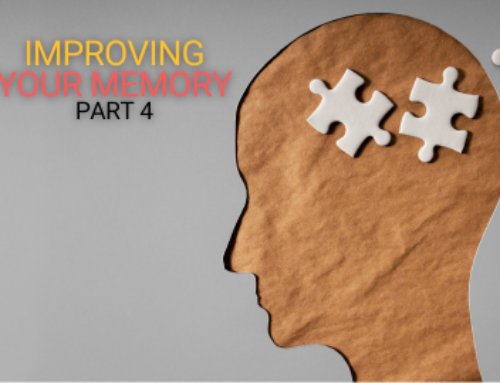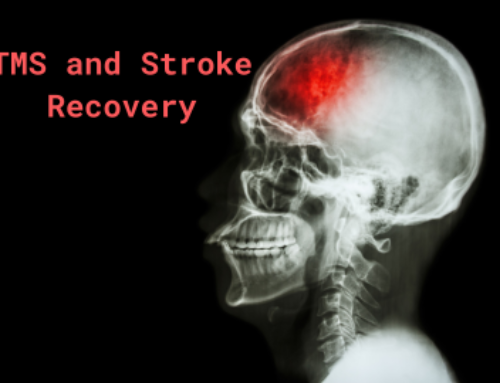Neurotransmitters #6: GABA
Chemical Inhibitions
Today we’re talking about GABA, another in our series of neurotransmitters. Neurotransmitters are chemical mixes that the brain uses as messages to communicate with itself. Different areas of the brain shoot neurotransmitters back and forth to regulate everything from mood to appetite to muscle control to attention span. GABA stands for gamma-Aminobutyric acid.
What Does GABA Do?
GABA functions as an inhibitor for the central nervous system (CNS). It attaches to the neurotransmitter receptors on nerve cells and prevents them from sending or receiving messages for as long as the GABA is present.
A GABA imbalance can cause severe problems. Too little GABA overloads neurons with chemical signals and can lead to seizure disorders like epilepsy. Too much GABA slows functions down and can result in lethargy, sleepiness, and inability to focus.
Using GABA as a Medication
There are GABA supplements on the market that people take to improve their mood, help them sleep better, and feel less anxious. GABA is also associated with lower blood pressure. There are many kinds of supplements, from tablets to teas, that claim one benefit or another. Some are not very effective, and some are fake. Always consult a doctor before taking any kind of supplement to make sure that the supplement is appropriate for you to take, that you take a safe dose, and that the manufacturer is legitimate. Much study is underway to figure out how to use GABA and regulate the level of GABA for optimum health.
TMS and GABA
TMS causes a reaction in the brain called “cortical excitability.” Animal studies are underway exploring the interactions between GABA and brain stimulation, whether there is significant signs of interaction, how TMS works with low levels of GABA, how it works with higher levels of GABA, and if it produces improvement. TMS is currently FDA-approved to use for treatment-resistant MDD (major depressive disorder).
Contact us if your MDD is no longer improving under more conventional methods of treatment, like therapy and antidepressants, or it never has. With the guidance of medical professionals, TMS might be an option for you. Use our contact page or call (585) 442-6960.





